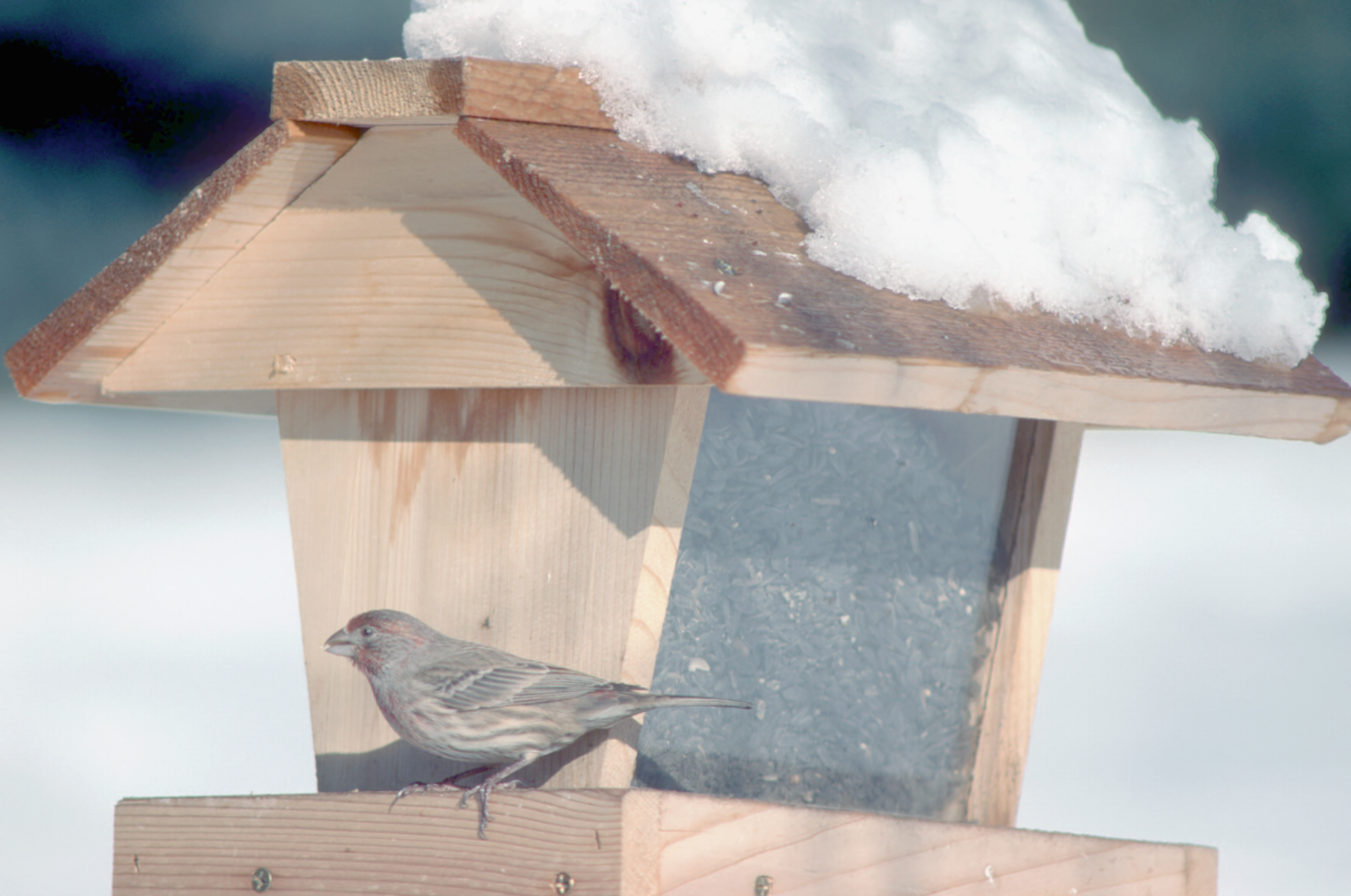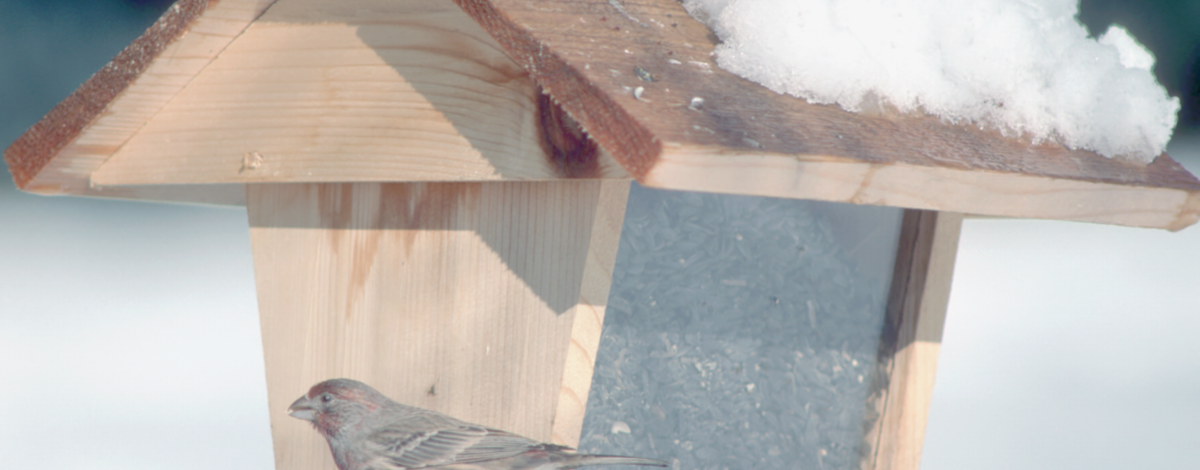Feeding birds is enjoyable and mutually beneficial because you can watch nature from the warmth of your home, and birds get much-needed nutrients.

Idaho Fish and Game discourages people from feeding most wildlife because they can become habituated to hand outs, but birds are an exception. They typically don’t become dependent on feeders, but instead add them to their daily food searches and seek out other sources when feeders are empty.
Winter feeding helps our feathered friends survive a challenging season, and you will likely see local and migratory birds from as far away as Canada and Alaska.
When feeding, remember to offer food at different levels to meet the needs of different types of birds. A ground feeder will attract quail, dove, song sparrow, white-crowned sparrow, dark-eyed junco and others.
Hanging feeders, or hopper feeders, will attract songbirds, such as house finch, chickadee, jays, nuthatches and others. Thistle feeders will bring goldfinches, siskins and house finches. Suet can attract woodpeckers, chickadees and nuthatches.
Many kinds of bird seed are available. Black-oil sunflower seed is a favorite of many species. Millet and cracked corn are favorites for many ground-feeding birds. Finches and siskins love nyjer thistle.
Buying bird seed from a reputable source ensures the seed is free of dust, insects and weed seeds.
Birds are also attracted to water. While maintaining bird baths during winter may seem odd, ice-free water attracts more birds than feed alone. Not only will birds drink, they will also bathe and keep their feathers clean, boosting their insulating power against the cold.
While feeding provides obvious benefits to birds, dirty feeders and baths can also harm them.
Rita Dixon, Idaho Fish and Game wildlife program coordinator, says diseases, such as Salmonella and Avian Pox, are easily spread when birds are crowded at dirty feeders and watering devices, but a few simple steps can reduce the spread of disease.
"Simply disinfecting feeders and baths with a bleach solution each month significantly reduces the spread of many diseases,” Dixon said.
Using feeders that require birds to perch and reach for food can also reduce the risk of disease outbreaks. Avoid open feeders where birds can hop around on the food and contaminate it with feces.
Here are more tips for safely feeding birds:
- Store seed in tight, waterproof containers to prevent mold and to deter rodents.
- Place feeders in a quiet place near cover to protect feeding birds from weather and predators. Move feeders if you notice birds striking windows.
- If possible, provide water nearby. You can buy a heater that keeps a bird bath from freezing.
- After water and food are offered during winter, try to continue until spring, but don't be concerned if you miss a few days. birds are mobile and probably visiting other feeders besides yours.
- Clean feeders regularly to prevent disease by using one part liquid chlorine household bleach in nine parts of lukewarm water to make a 10 percent bleach solution. Make enough solution to immerse an empty, cleaned feeder completely for two to three minutes. Allow to air dry.
- Remember feeding wildlife, other than birds, is not recommended. If food set out for birds is being eaten by other wildlife, move the food to a safe location or discontinue feeding.

